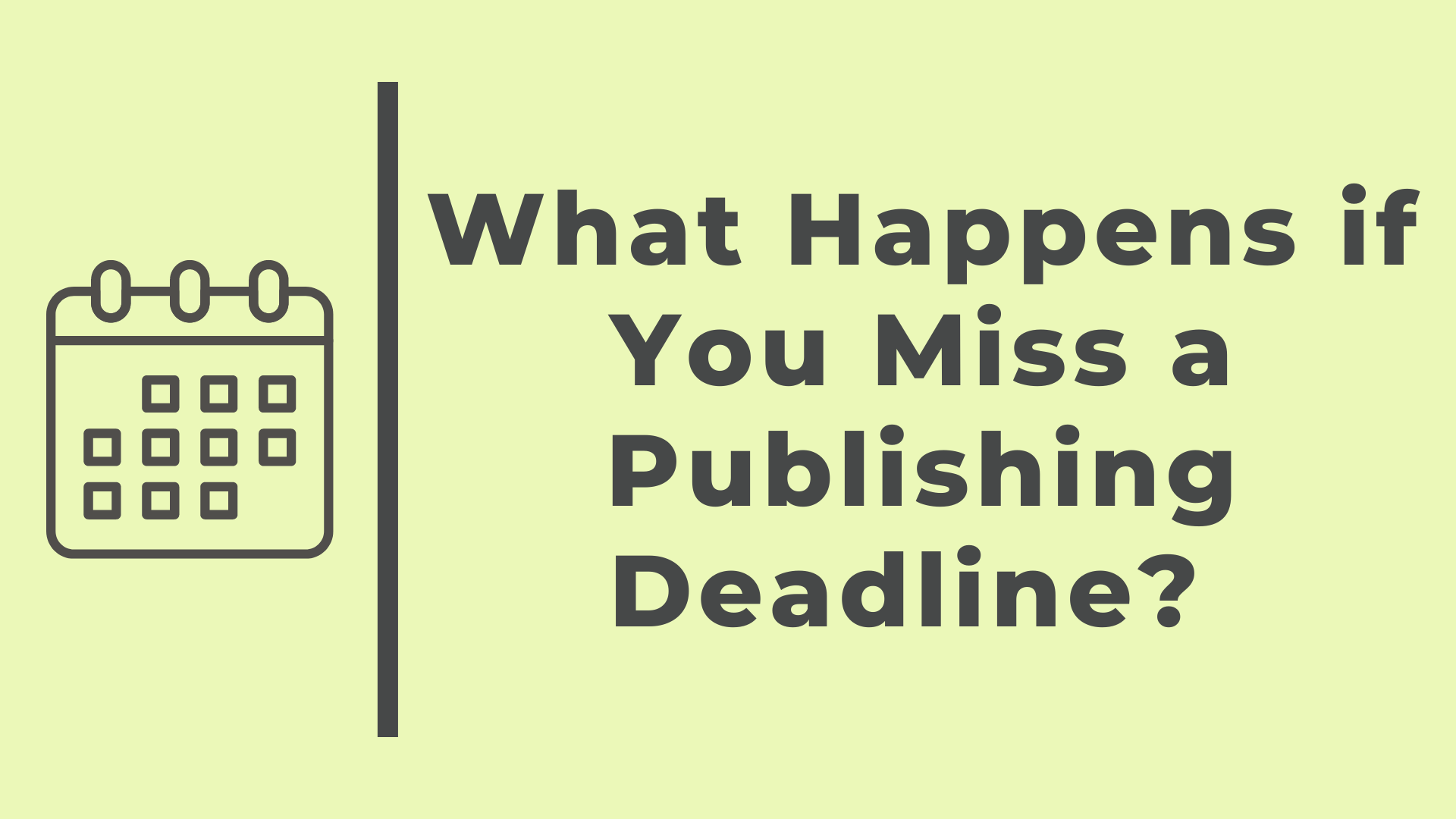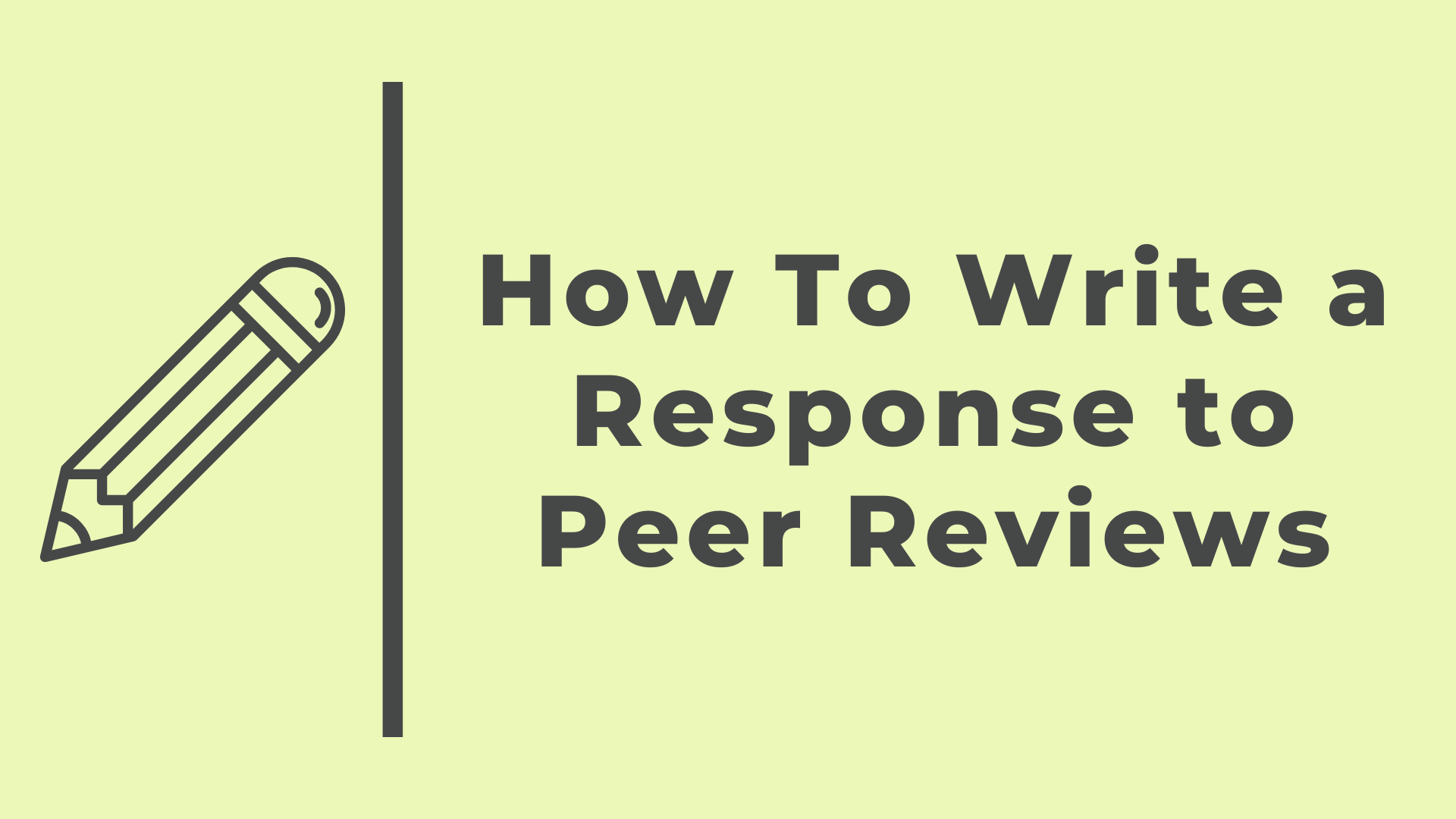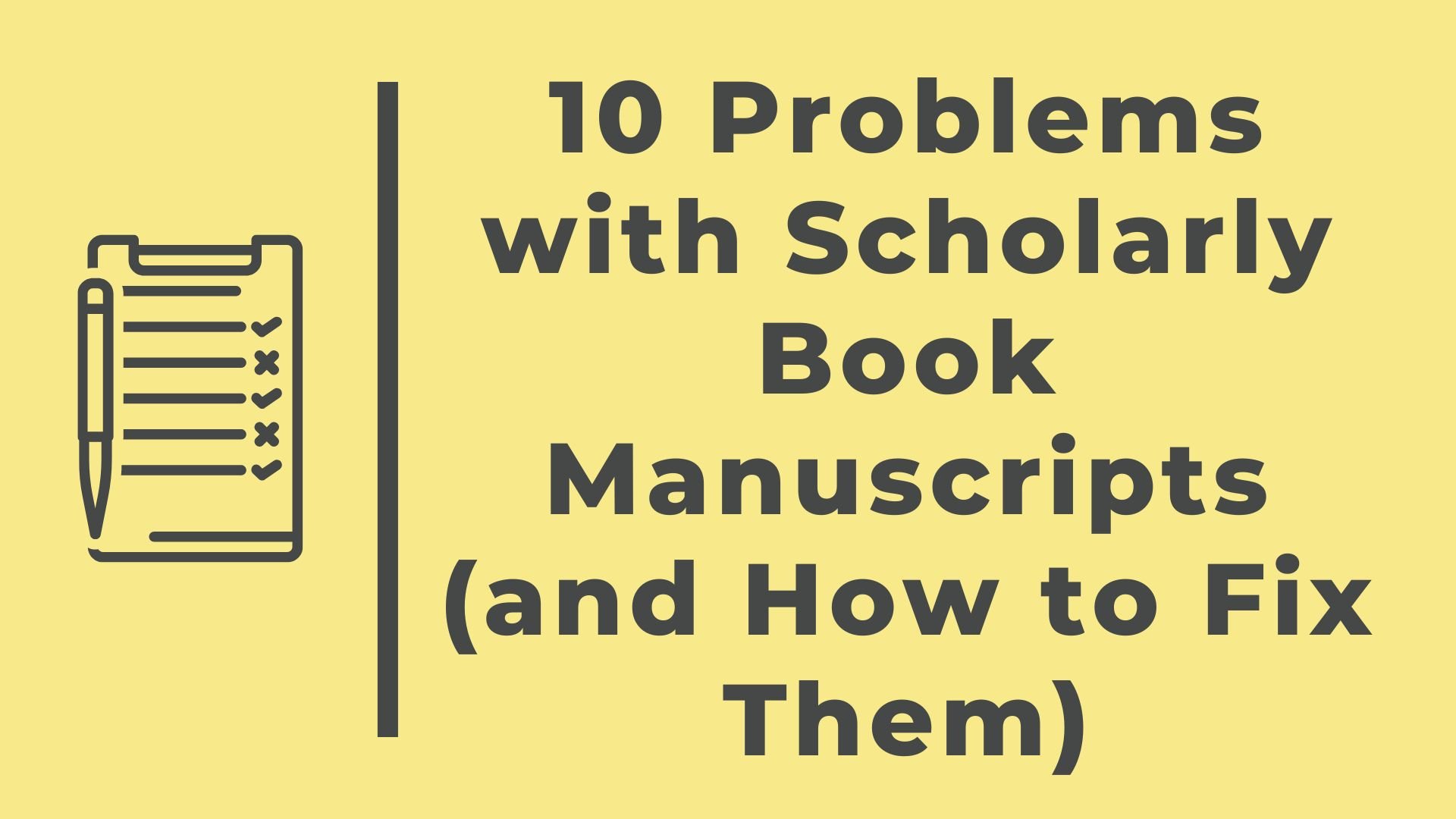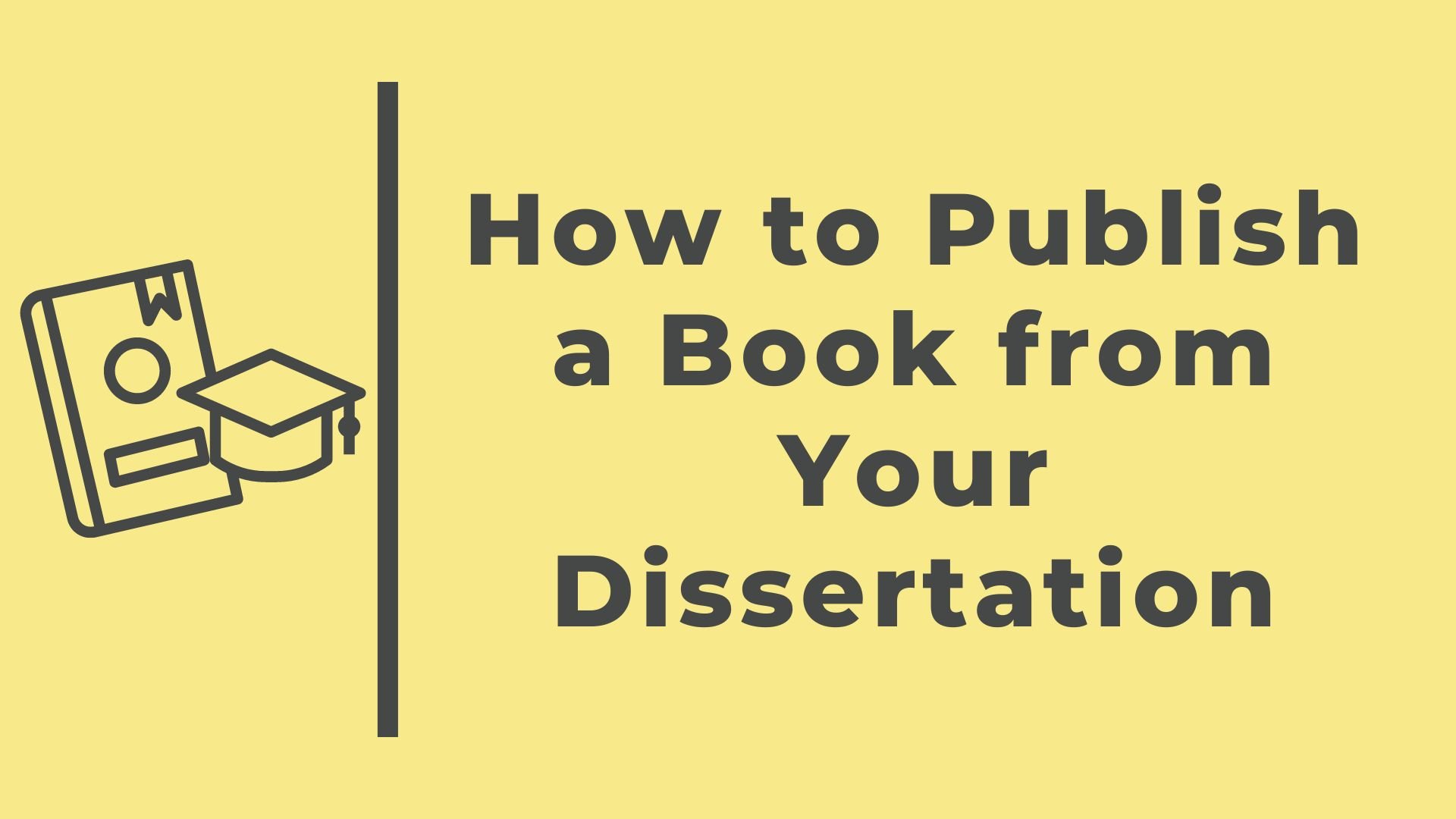Manuscript Works Archive
of Writing and publishing tips
On this page you’ll find an archive of my posts on various aspects of getting a scholarly book published.
Many of these posts originally appeared in my newsletter, which you can subscribe to here if you’d like to get more information like this delivered directly to your inbox.
Click a category below to jump to a curated collection of posts or just scroll down to check them all out.
Book Proposal Tips
Working with Publishers
Writing & Revising Your Book
Book Promotion & Marketing
Developmental Editing
Book Proposal Tips
Writing a scholarly book proposal can be intimidating. Here is a breakdown (plus a free downloadable checklist) of the 10 steps involved in putting together an effective book proposal to submit to university presses and other scholarly publishers.
I often hear from authors wondering how to pitch their digital research. This post includes some opportunities for digital publication at university presses.
Here are some answers to frequently asked questions about when to send sample chapters with a book proposal, which sample chapters to send, and how long they should be. This post also covers how to revise journals articles for inclusion in a scholarly book.
It can be difficult to understand what publishers mean when they ask for “comps” or “comparable and competing titles” in their book proposal guidelines. This guide demystifies this part of the book proposal process and offers some tips on how to effectively position your book in relation to other titles.
It can be difficult to figure out how to find the right publisher for a scholarly book that traverses multiple fields or disciplines. This post includes answers to some of the most common questions I receive about pitching and writing book proposals for interdisciplinary books.
Do you know what the essential building blocks of a scholarly book proposal are and why they’re there? Here is a quick guide to the key components with explanations of their functions and intended audiences.
Chapter summaries — sometimes called an annotated table of contents — are key elements in a book proposal. I break down what to include in your chapter summaries in order to make the best case for your book with publishers and peer reviewers.
What can you do to make your book proposal stand out? Here are some tips on how to avoid some of the common pitfalls of academic book proposals and how to make yours compelling.
Fit plays a major role in the evaluation of a book proposal. Here are some ways to discover if your academic book manuscript will match up with your list of presses before you send out your book proposal.
Not every scholarly writer has access to a developmental editor, but a colleague could be just as helpful. Here are some questions to help you guide your peers towards giving you effective feedback on your academic book proposal.
Can you submit the same academic book proposal to different publishers? This post discusses what to change from press to press and what you can keep the same in each version of your academic book proposal.
Scholarly books rarely have the most timely hooks...for good reason. This post discusses how relying on recent headlines can hurt your academic book proposal and some other ways you can use current events to your advantage when it comes time to promote your book.
Different kinds of publishers prioritize different kinds of texts. Books by academics are published by university presses, commercial academic presses, and sometimes trade presses. So where should you send your book proposal? Here is a breakdown of where your academic book manuscript might fit and might not.
How do you maintain momentum on your goal of publishing an academic book while juggling all your other responsibilities? Here are 10 low-stress things you can do to make progress on your book proposal even while chaos explodes around you.
Whether you submit your book proposal before or after your academic book manuscript is finished largely depends on your personal preferences, circumstances, and target presses. Here are some questions to consider to help you decide.
Your first academic manuscript began as a dissertation. But should you acknowledge this? This post offers some insight into how publishers perceive dissertations and what you can say in your book proposal.
A compelling project description plays a major role in placing your academic book project with a publisher. Here is a flexible template to help you organize the main points and address the crucial questions editors and peer reviewers will have about your book manuscript.
Working with publishers
If you like listening to podcasts, check out these episodes where I talk about academic developmental editing, book proposals, and general information about publishing for first-time scholarly authors.
Many scholarly writers want to publish trade books or crossover books that will reach readers outside of academia. This post answers the most common questions academic authors have, debunks some myths and misconceptions about trade and scholarly publishers, and tells you what you need to do if you want to pitch a trade book to a publisher.
Best practices for authors hoping to pitch an edited volume to a scholarly publisher, based on an interview with Editor-in-Chief Stephanye Hunter of the University Press of Florida
Royalties and advances against royalties are payments that publishers make to authors. This post explains how royalty and advance payments are calculated and disbursed. It also offers some key points for scholarly writers to consider when negotiating book contracts.
Sometimes there are out-of-pocket costs associated with publishing your academic book. An author may want to invest in hiring an indexer, a copy editor, a developmental editor, a proofreader, someone to assist with image permissions, or a publicist. Even if you take on most of the work yourself, you may incur some costs. This post breaks down some of them so you can plan and budget accordingly.
Many authors wonder whether they should consider publishing their scholarly book as part of a series at a university press. This post includes information that can help authors decide whether a series is the right fit for their next book.
Each academic press has its own peer review process, but this post outlines some common and best practices.
Sometimes an author finds themselves in a situation where they want to extricate themselves from a publishing process they have begun at a particular press without burning a bridge. Here are some considerations for communicating with editors in these tricky scenarios.
It can be exciting when a publisher expresses interest in your book project, but many authors are unsure how to respond when it happens before a manuscript is ready to submit. This post includes my responses to common questions about engaging with publishers early in the publishing process.
Authors often want to know how much of their book manuscript can overlap with articles and chapters they have previously published in journals or edited volumes. This post offers guidelines for recycling published material and things to keep in mind concerning your goals for publication.
What does an advance contract entail for scholarly books? I demystify advance contracts and settle common questions that arise when you have an offer from an academic press.
Publishing deadlines arrive fast and are often met with panic and stress. Learn which deadlines really matter and how to communicate with your publisher if you’re in danger of missing one.
Racism and inequity are real problems in scholarly book publishing. This post discusses some of the common issues that racially minoritized scholars face when navigating the publishing process and offers some tips on how to find an editor and publisher who will treat you and your scholarship with respect.
How quickly should you move when a press expresses interest in your dissertation project? Here are some things to consider before signing the contract right away.
What happens to your academic book manuscript after it’s finally approved by the publisher? This post takes you behind the scenes of book production, from submission of the final draft to reviewing the final proofs.
Rejection is a normal, if unfortunate, part of trying to get your academic book manuscript published. Here are some suggestions for how you might proceed after receiving a rejection from a scholarly book publisher.
What goes into producing the final manuscript of an academic book? Here’s how I navigated the timeline, responded to reader reports, and made the final revisions after signing an advance contract.
An incredible amount of uncertainty and waiting come with publishing an academic book. Here are some scenarios to run through to help you decide how to follow up on an earlier conversation with an acquisitions editor.
A lot of unexpected questions come up once you begin contacting academic publishers about your book project. This post addresses the question of what you should do when one publisher responds positively but you haven’t heard back from the other publishers you’ve submitted to.
You receive an offer to publish your academic book manuscript. Now what happens? Here are some points a scholarly author should keep in mind as they review a contract or publishing agreement when it's offered by a publisher, along with some tips about items you may be able to negotiate for.
Unless you are a copyeditor, it’s difficult to know what it is they do and how they read a text. It’s also easy to feel as if the copy edits on your manuscript are a personal attack. This post gives you the inside scoop on the function of a copyeditor and why they probably aren’t out to radically change your manuscript or undermine your work.
What does the design process of a book cover entail? Get a peek behind the scenes in this interview with a book designer for an academic press, including tips for authors to think about as they navigate the publication process.
Speaking about your research to a complete stranger can feel daunting, especially if that stranger is an acquisitions editor. Here are some tips for reframing how you think about the introductory conversation and some questions to ask while you’re there.
You’ve written the book proposal, now how do you secure a contract? This post walks you through the experience of submitting an academic proposal to multiple presses and what to expect at this stage. It also gives a behind the scene look at how I fielded multiple offers and decided on the best publisher for my book.
An idea for a book can come from anything—even something you’re working on right now. Find out how The Book Proposal Book grew from an idea into a book project that received interest from multiple university press editors.
Is a university press the right fit for your book? Here are some things to consider as you decide where to send your book proposal and advice on how to align your choice with your goals.
How should you respond to the reader reports from your academic book manuscript or book proposal after going through peer review? This post demystifies common misconceptions about the power of the reviewers and advice on how to craft the response letter, including a template you can start from.
What are the advantages of submitting your book proposal to multiple presses? Here are some things to consider as you try to identify the best press to publish your academic book.
When should you contact an acquisitions editor? And what should you say? Use these guidelines to introduce yourself and your academic manuscript effectively to prospective publishers.
Navigating academic book publishing can be downright overwhelming for authors. I share my experience and insight into this process so that you can avoid making the same mistakes I did the first time around.
Writing & Revising Your Book
When a book similar to yours comes out first, it may seem like cause for panic. But this post offers some advice on dealing with this predicament at different stages of the publishing process.
What are you supposed to put in your book acknowledgments? Are there certain people you’re required to thank? Is there anything you shouldn’t say? This post has ten things you should know about writing acknowledgments for your scholarly book.
Many scholarly authors are interested in starting or joining a writing group to get peer feedback on their work and be in community with other scholars. This post includes some tips for running an effective group.
This post includes a list of the top 10 most common problems I’ve encountered in scholarly book manuscripts along with suggestions for addressing them. Feel free to use these items as a checklist for revising your own draft for publication.
Publishing a book based on your dissertation can be a great way to revisit your research and produce the piece of writing you most want to share with the world. My free webinar demystifies the process of turning dissertations into book manuscripts that appeal to both publishers and readers.
Many first-time scholarly authors struggle to decide whether to revise their dissertation for publication as a book or start an entirely new book project. This post offers some considerations for making the decision that is right for you.
Success as a scholarly author means different things to everyone. Understanding your goals for your scholarly book is key to achieving your definition of success and to evaluating publishers in terms of their ability to help you reach your goals.
Here’s a quick guide to my favorite books about books, writing, and scholarly publishing. Includes recommended reading on how to revise your dissertation before publishing it as a book.
The academic book publishing process can feel daunting and mysterious. It’s ok to feel nervous about it. Here are some helpful thoughts to ease your nerves and keep in mind after you submit your book proposal or book manuscript to scholarly publishers.
Revising your dissertation into a book manuscript right after graduation might not be the best idea. Here are some tips on what to do post-defense that will help you write a strong book manuscript.
What does it take to turn your dissertation into a book manuscript? Where do you find support? The author of Fighting Visibility shares her experience as a first-time author and how she got her academic book published.
How do you spend your working hours? Here are some tips how to use time tracking and categorizing to organize your tasks and become more aware of your patterns. These methods will be helpful for academics, freelancers, and others who have a lot to do but little mandated structure for their work activities.
There are many reasons why you might want to write a book...or stop writing it. Here are some questions to help you determine if you want to continue working on your book project.
Need to edit your manuscript but are overwhelmed by all the moving parts? Use this simple strategy to identify main themes and claims in your text so you can organize what revisions you need to make.
What’s the difference between an introduction and a preface? Do you need both? This post suggests different ways to effectively use these elements of an academic book.
Do you know how long your book manuscript and chapters should be? Like so many aspects of scholarly publishing, there is not one correct answer, but there are some concrete guidelines to follow. Here are some suggestions for revising your academic book manuscript.
Introductions are never easy. You might find yourself having to totally rewrite your introduction after you finish your academic book manuscript. Or you might be starting from scratch on a new project. Use this outline if your current draft isn’t working or you have no idea where to start.
Book promotion & marketing
For many authors, book promotion is one of the scariest parts of the publishing process. This post shares insights about the process from an academic publisher.
What are your goals for publishing an academic book? Will giving a book talk or planning a whole book tour help you achieve them? This post helps you evaluate the option of giving book talks and advises on how to keep your decision consistent with your goals.
After an academic author submits the final manuscript, there’s still promotion to think about. This post breaks down what I did to promote The Book Proposal Book and offers tips on how you can collaborate with your press's publicity team to make sure your book reaches its intended readers.
Academic authors can benefit from a robust author platform when pitching their books to publishers and later to readers. But what does author platform mean? Is it all about social media followers? Here are some ways to improve your reach as an academic author and gain confidence about what you’ve already done to promote your work.
Developmental editing
Many different kinds of professionals—editors, coaches, and consultants—can help academic authors reach their publishing goals. But how do you figure out which kind of support you really want or need? This post outlines what each role does and how they can help you with your book project.
How do you find an editor for your academic manuscript? How do you evaluate a developmental editor’s fit for your project and goals? This post gives you an overview of what to keep in mind and suggests some ways of figuring out if an editor is the right fit for you.
Curious about what a transition from academia into the editing profession might look like? This post offers tips on how to set yourself up well and suggestions for making the career shift smoother.
There's never a bad time for a writer to consult with a professional editor, but there might be a best time for your particular manuscript. This post breaks down what stages an academic book project goes through and what a developmental editor can do at each stage to help a prospective author get published.
How do you know if you need an editor? And what kind? This post outlines the main reasons why scholars bring developmental editors onto their book projects and what an academic developmental editor can do for your manuscript.









































































